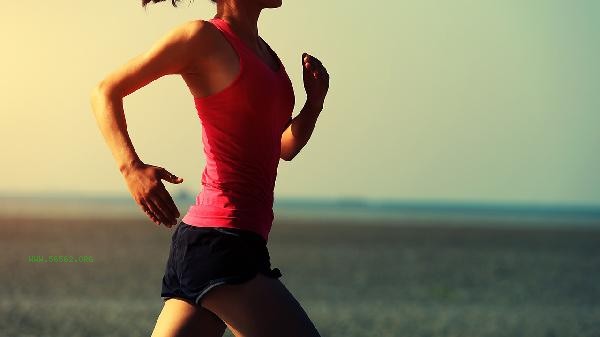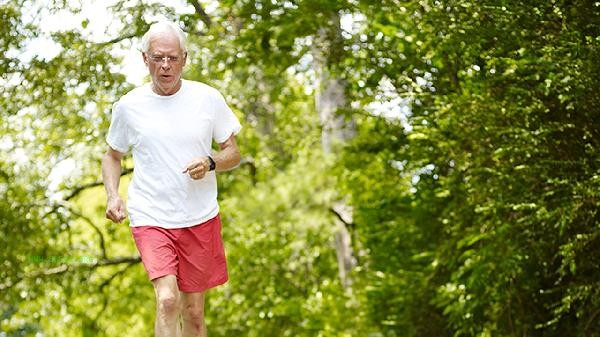People who often run can eat moderate amounts of bananas, oats, chicken breast, broccoli, nuts and other foods to supplement energy and nutrition. Running consumes a lot of calories and electrolytes, so it is important to pay attention to a balanced intake of carbohydrates, high-quality protein, and minerals.

1. Bananas
Bananas are rich in potassium and easily digestible carbohydrates, which can quickly replenish electrolytes lost during running and prevent muscle spasms. Its natural sugar can provide sustained energy and is suitable for consumption within 1 hour before or 30 minutes after running. Individuals with gastrointestinal sensitivity should control their single intake and avoid consuming on an empty stomach.
2. Oats
Oats are a high-quality source of carbohydrates with low glycemic index. The dietary fiber they contain can delay energy release and maintain endurance performance during running. It is recommended to choose unsweetened plain oats and pair them with milk or yogurt for breakfast. Long term consumption can help improve exercise metabolic efficiency.
3. Chicken breast
Chicken breast provides high-quality protein with high bioavailability, helping to repair muscle fiber micro damage caused by running. It has a low fat content and is suitable as a protein source for dinner after running. Low fat cooking methods such as boiling and baking can be used, and pairing with compound carbohydrates such as brown rice yields better results.

4. broccoli
broccoli contains vitamin C, calcium, and antioxidants, which can alleviate the oxidative stress response caused by running. Its dietary fiber can promote intestinal health. It is recommended to blanch it and mix it with cold or stir fry it, and consume it multiple times a week. Individuals with thyroid dysfunction need to control their intake.
5. Nuts
Almonds, walnuts, and other nuts are rich in healthy fatty acids and vitamin E, and can be used as an extra meal option during running breaks. Its unsaturated fatty acids help with joint lubrication and inflammation control, and the recommended daily intake is within 20 grams. People with allergies should be cautious when choosing the type of nuts.

The diet of runners needs to be dynamically adjusted according to the training intensity. On high-intensity training days, the carbon water ratio can be appropriately increased, and on rest days, protein and vegetable intake should be emphasized. Pay attention to replenishing water in different time periods and avoid high-fat and high fiber foods before and after exercise. Long term runners are advised to regularly check their levels of trace elements such as iron and calcium, and if necessary, use nutritional supplements under the guidance of a doctor. Diet needs to be combined with recovery methods such as sleep and stretching to maximize exercise benefits.







Comments (0)
Leave a Comment
No comments yet
Be the first to share your thoughts!